Salk scientists develop new tools to better understand development and regeneration |
|
In a pair of studies, the lab of Professor Juan Carlos Izpisua Belmonte has advanced technologies to study critical stages of embryonic development.
In the first paper, in the journal Cell, his team reported developing early-stage structures termed “blastoids,” from a single cultured mouse cell, circumventing the need for natural embryos in research. These structures could help advance discoveries in development, pregnancy, infertility or health problems later in the offspring’s life.
|
|
|
|
Select media coverage:
The San Diego Union-Tribune
|
|
In a second advance published in Science, the team, along with collaborators in China, created a method to allow primate embryos to grow in the laboratory longer than ever before, enabling the researchers to observe key processes of development for the first time. This technique could help inform approaches for regenerative medicine for humans.
|
|
Mapping normal breast development to better understand cancer |
|
From left: Christopher Dravis, Sebastian Preissl, Geoff Wahl, Chi-Yeh (Jay) Chung, Zhibo Ma and Xiaomeng Hou. |
|
Breast cancer is one of the most prevalent cancers, and some forms rank among the most difficult to treat. Professor Geoffrey Wahl and colleagues have used a state-of-the-art technology to profile each cell during normal breast development in order to understand what goes wrong in cancer. The team’s findings, published in Cell Reports, and shared in a free online resource, lay the groundwork for understanding normal breast development.
|
|
Salk scientists find way to quantify how well cutting-edge microscopy technique works |
|
From left: Philip Baldwin and Dmitry Lyumkis. |
|
In 2017, the lab of Assistant Professor Dmitry Lyumkis reported that tilting a frozen protein sample as it sat under an electron microscope was an effective approach to acquiring better information about its structure and helping researchers understand a host of diseases ranging from HIV to cancer. Now, they have developed a mathematical framework that underlies some of those initial observations. Their new study, published in Progress in Biophysics and Molecular Biology, provides a foundation for determining how differences in viewing angles affect the resulting 3D structures of proteins, and could help other researchers determine the best setup for experiments to improve the imaging technique called cryo-EM. |
|
Novel technique helps explain why bright light keeps us awake |
|
|
|
In recent decades, scientists have learned a great deal about how different neurons connect and send signals to each other. But it’s been difficult to trace the activity of individual nerve fibers known as axons, some of which can extend from the tip of the toe to the head. Professor Satchidananda Panda and researchers from UC San Diego report a novel technique for tracing these connections and determining how neurons communicate. The team used this technique to uncover details about how the brain responds to light signals received by the retina in mice, as detailed in Cell Reports. |
|
Machine learning helps plant science turn over a new leaf |
|
A Salk technician 3D scanning a plant. |
|
Gregor Mendel, often called the “father of modern genetics” spent years tediously observing and measuring pea plant traits by hand in the 1800s to uncover the basics of genetic inheritance. Associate Professor Saket Navlakha and colleagues have helped speed up plant phenotyping with machine-learning algorithms that teach a computer system to analyze three-dimensional shapes of the branches and leaves of a plant. The study, published in Plant Physiology, may help scientists better quantify how plants respond to climate change, genetic mutations or other factors. |
|
Mysterious microproteins have major implications for human disease |
|
Credit: Salk Institute/Waitt Advanced Biophotonics Core Facility
|
|
As the tools to study biology improve, researchers are beginning to uncover details into microproteins, small components that appear to be key to some cellular processes. Professor Alan Saghatelian, Staff Scientist Uri Manor, director of the Waitt Advanced Biophotonics Core Facility, and others recently showed that the 54-amino acid microprotein PIGBOS contributes to mitigating cell stress. The work, published in the journal Nature Communications, indicates that PIGBOS could be a target for human disease. |
|
Salk team awarded $14.3 million to map circuitry for movement, such as reaching and grasping |
|
A team of Salk scientists led by Professor Martyn Goulding and including Professor Samuel Pfaff, Professor Tatyana Sharpee, Associate Professor Axel Nimmerjahn, and Assistant Professor Eiman Azim has been awarded $14.3 million over five years by the National Institutes of Health (NIH) to create a high-resolution atlas of how the mouse brain generates and controls skilled forelimb movements, such as reaching and grasping. |
|
Select media coverage:
The San Diego Union-Tribune
|
|
|
Salk scientists receive $12.9 million from NIH BRAIN Initiative |
|
Associate Professor Nicola Allen, Assistant Professor Eiman Azim, Research Professor Margarita Behrens, and Professor Joseph Ecker have been awarded grants totaling $12.9 million by the National Institutes of Health (NIH) BRAIN Initiative as part of its mission “to deepen understanding of the inner workings of the human mind and to improve how we treat, prevent, and cure disorders of the brain.” |
|
Martyn Goulding receives National Institute of Neurological Disorders and Stroke Outstanding Investigator Award
|
|
Professor Martyn Goulding will receive $9.5 million dollars over the next eight years to further his pioneering studies on sensorimotor circuits in the spinal cord that are important for touch, itch and pain as part of a National Institute of Neurological Disorders and Stroke Outstanding Investigator Award. Goulding, who holds the Frederick W. and Joanna J. Mitchell Chair, has shown that these circuits are important for locomotion and balance.
|
|
Tony Hunter receives National Cancer Institute Outstanding Investigator Award |
|
Professor Tony Hunter has received a National Cancer Institute Outstanding Investigator Award, which supports accomplished leaders in cancer research. Hunter, who is an American Cancer Society Professor and the Renato Dulbecco Chair, will receive more than $7.5 million over the next seven years to further his work. Hunter is known for discovering tyrosine phosphorylation, a finding that led to a new class of cancer drugs.
|
|
Salk Institute hits play on new podcast series |
|
Salk has launched a new podcast series called Where Cures Begin, which explores the lives of scientists and discoveries at the Institute. Season 1 of Where Cures Begin features one-on-one conversations with Salk researchers working at the forefront of cutting-edge science, from cancer and neuroscience to plant biology, circadian science and more. The eight episodes of season 1 are released weekly. The first episode is available and features Assistant Professor Eiman Azim, who speaks about neuroscience, his life as a new dad, and the importance of training the next generation of scientists.
|
|
Or subscribe and listen via Apple or Google podcasts, Stitcher, or anywhere else you listen to podcasts. If you like what you hear, please submit a rating or review! |
|
Netflix documentary series "Unnatural Selection" features Izpisua Belmonte's lab in Episode 1 |
|
Forbes.com lists Salk as a “best-in-class” research brand |
|
Professor Satchidananda Panda discusses tips for diet and sleep based on his lab’s research into circadian biology
|
|
Al Gore warns of a looming food crisis caused by climate change, citing Salk approach as “technology that is worth exploring and evaluating”
|
|
Genetic influence on root growth discovered by the lab of Associate Professor Wolfgang Busch
|
|
Padres Pedal the Cause is dedicated to raising money to fund cancer research in San Diego through a one-day cycle/spin/run/walk event at Petco Park on November 16th. Training is in full swing for Team SCC, Salk's Cancer Center cycling group, which is raising funds for cancer research at the Salk Institute and three other local research centers. Join the team for a 5K run/walk or cycling routes from 25 to 100 miles.
|
|
Sunday, November 3, 2019
Salk Institute for Biological Studies
CONRAD T. PREBYS AUDITORIUM
Join us for the first concert of the Salk Science & Music Series. Each concert in the series includes performances by some of the finest instrumentalists in classical music, paired with riveting talks on the latest discoveries by the Salk Institute’s world-renowned scientists.
-
This Sunday! November 3, 2019 – Fei-Fei, piano
- Gerald Shadel, PhD - Exploring mitochondria, the powerhouses of the cell
-
January 12, 2020 – Alessio Bax and Lucille Chung, duo piano
- Joseph Noel, PhD - Investigating how plants can help mitigate climate change
-
March 8, 2020 – Per Nyström, cello and Karen Joy Davis, piano
- Dannielle Engle, PhD - Developing new approaches to pancreatic cancer
-
May 3, 2020 – Anderson and Roe, piano duo
- Martyn Goulding, PhD - Understanding the circuitry of the brain
|
|
Salk science is beautiful
Looking for a unique background image for your computer, iPad or phone?
This month’s image comes from a recent press release from Salk scientists in Geoffrey Wahl‘s lab. This image represents luminal cells (green) and basal cells (red) in mature mouse breast tissue.
|
|
|
|
|
|
|





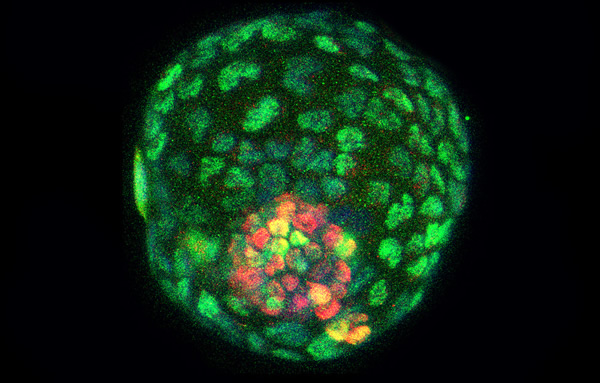

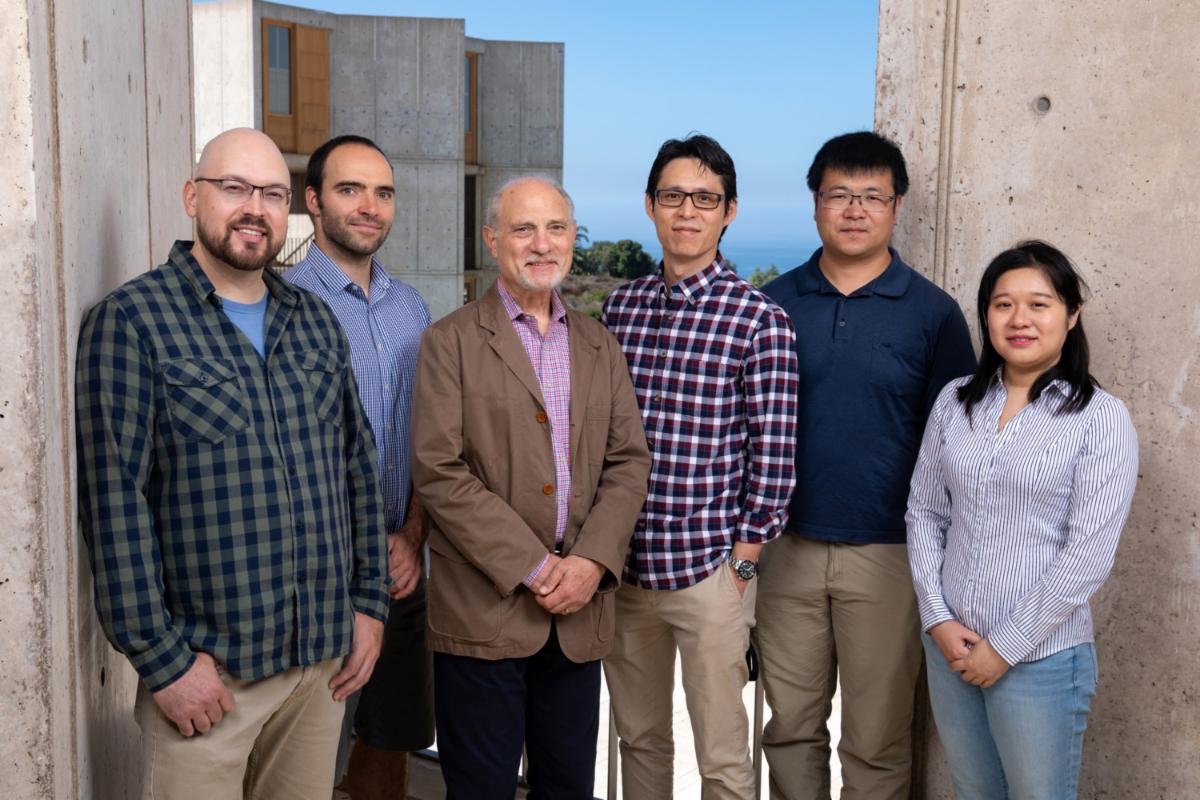

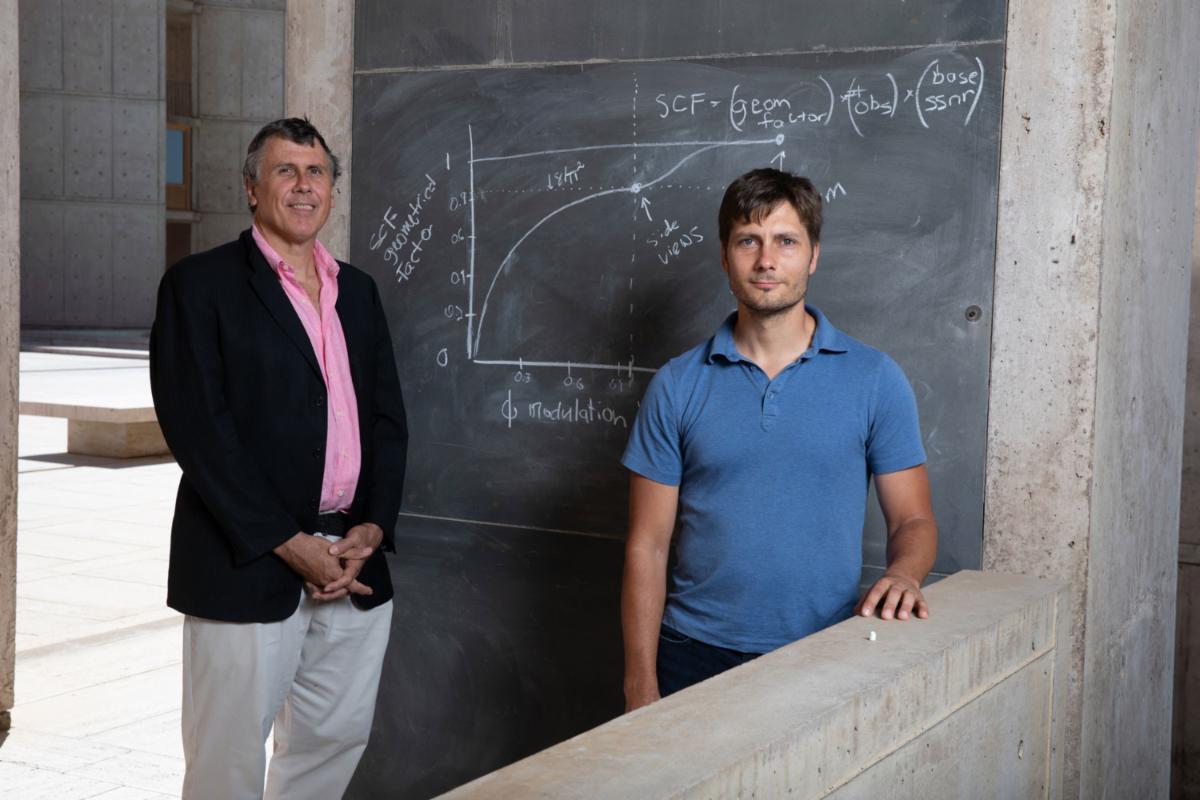

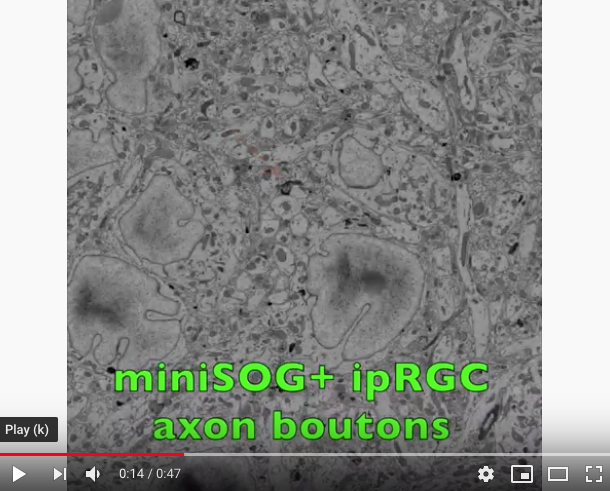

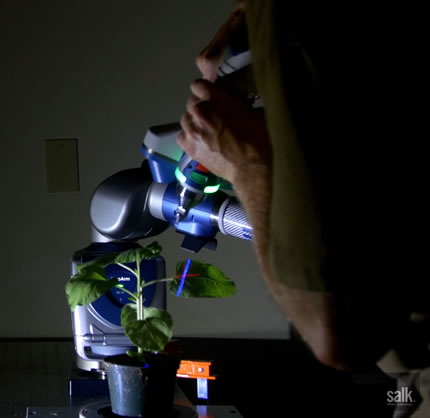

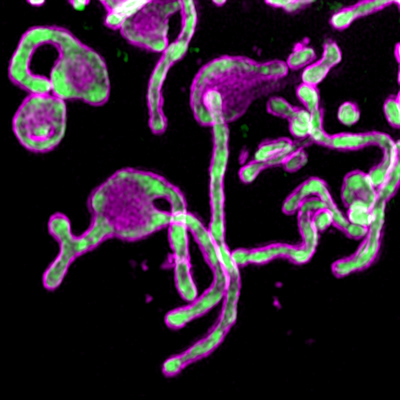


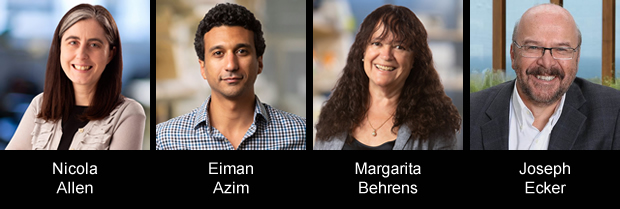
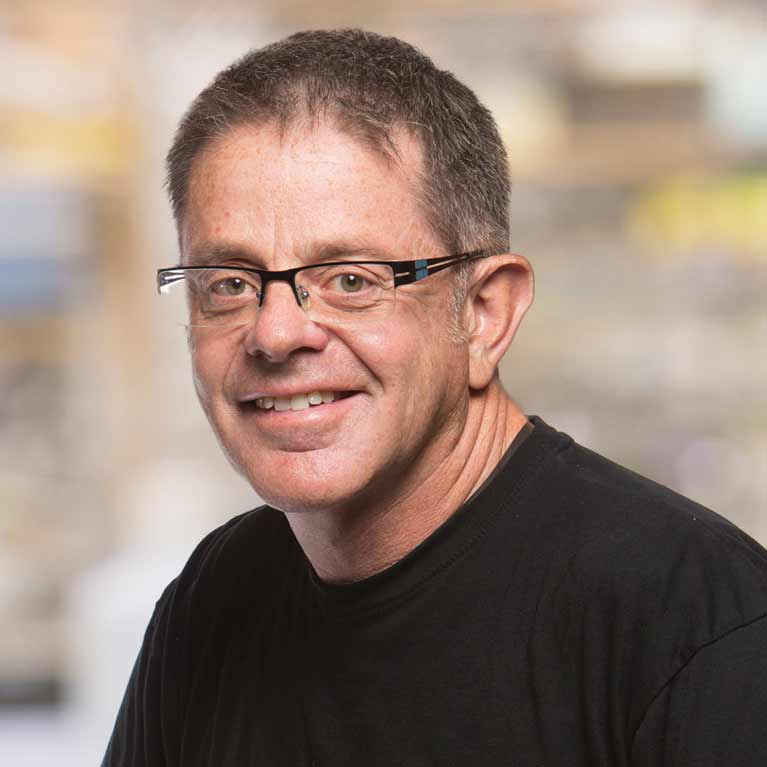
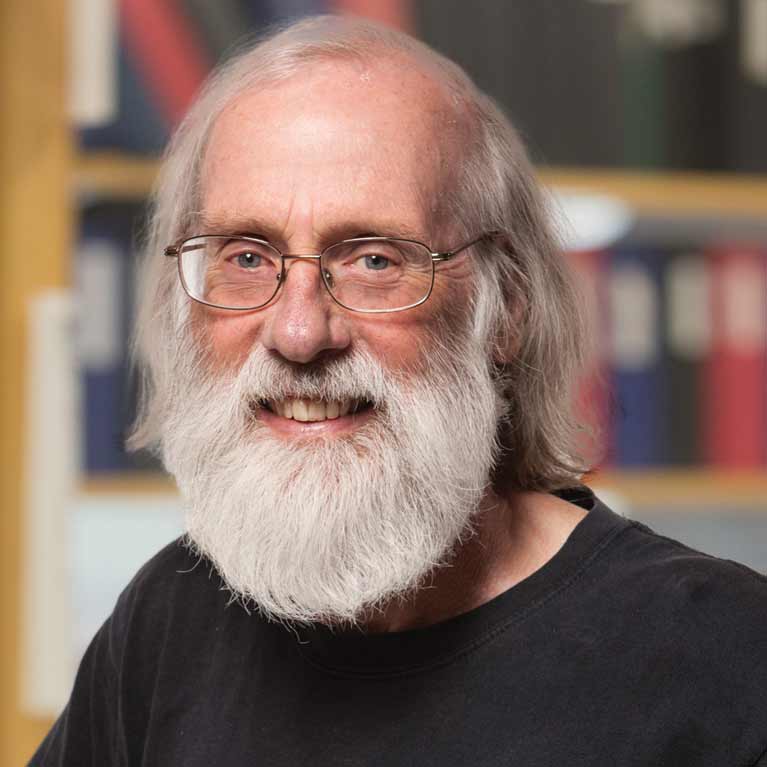
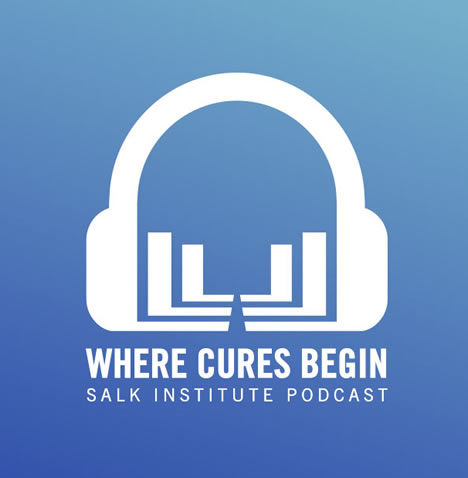






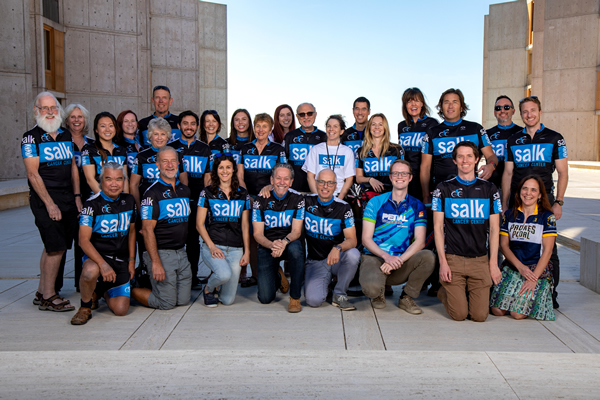

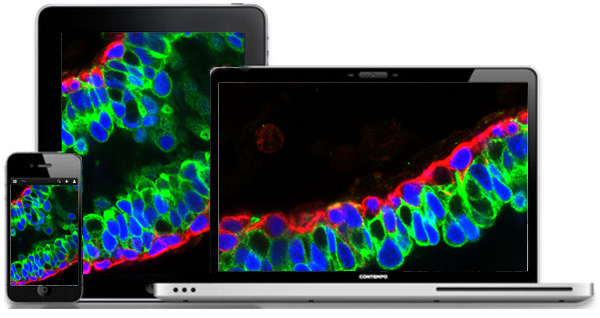
 Arts and Entertainment
Arts and Entertainment Business and Industry
Business and Industry Computer and Electronics
Computer and Electronics Games
Games Health
Health Internet and Telecom
Internet and Telecom Shopping
Shopping Sports
Sports Travel
Travel More
More